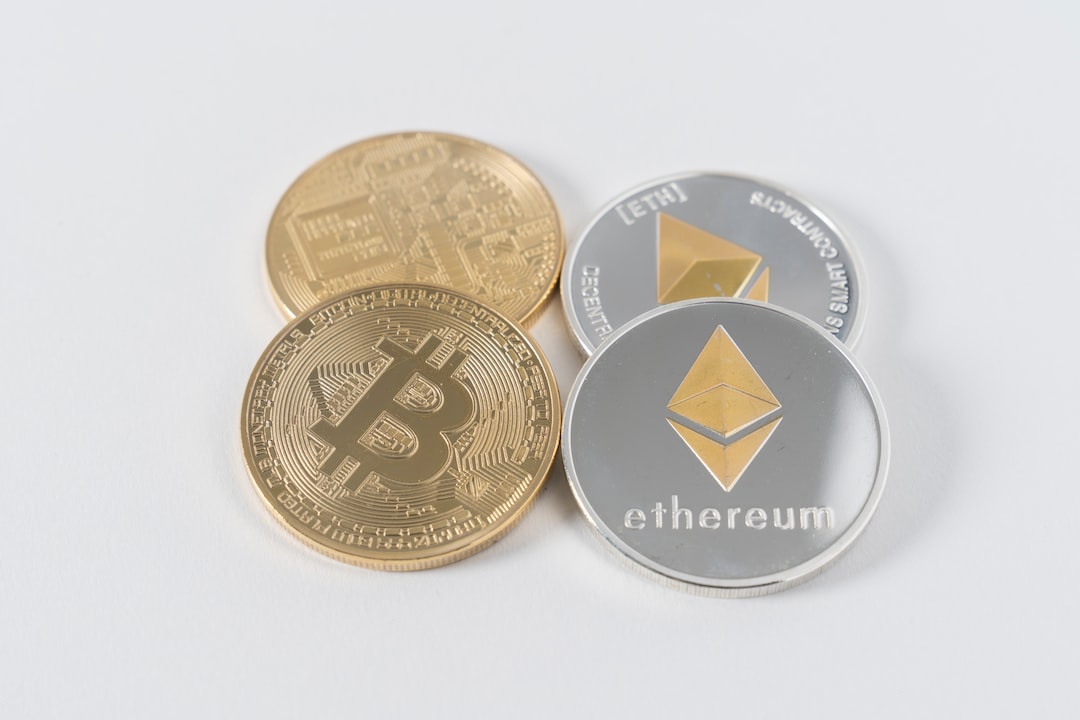Chinese Yuan Unlikely to Replace USD as Global Reserve Currency
In an opinion piece titled “The Real Cost of De-Dollarization,” economist Benn Steil argues that the Chinese yuan is unlikely to replace the U.S. dollar as the global reserve currency. He points out that the biggest threat to the dollar’s dominance comes from the U.S. government itself, citing examples such as the recent debt ceiling standoff and the Fitch Ratings downgrade. Steil highlights the limitations of the Chinese yuan, including deteriorating legal protections, stringent capital controls, and underdeveloped bond markets. He also notes that the currency’s internationalization stalled a decade ago.
Key Points:
– The Chinese yuan, accounting for less than 3% of global reserves, is not a serious threat to the dollar’s hegemony.
– China’s legal protections, capital controls, and bond markets are not developed enough to make the yuan a credible store of value.
– While the dollar’s dominance should not be taken for granted, there is currently no viable single alternative.
– Many commentators believe in the emergence of a “multi-currency” world where the dollar’s role is diminished.
– The volatility of the Chinese yuan makes de-dollarization efforts more challenging.
Hot Take:
While there is speculation about the potential rise of the Chinese yuan and the eventual decline of the U.S. dollar’s dominance, it seems unlikely that the yuan will replace the dollar as the global reserve currency. The limitations of the yuan, such as legal protections and capital controls, hinder its credibility as a store of value. Additionally, the current absence of a viable single alternative to the dollar suggests that we may see a multi-currency world in the future.





 By
By
 By
By
 By
By
 By
By

 By
By